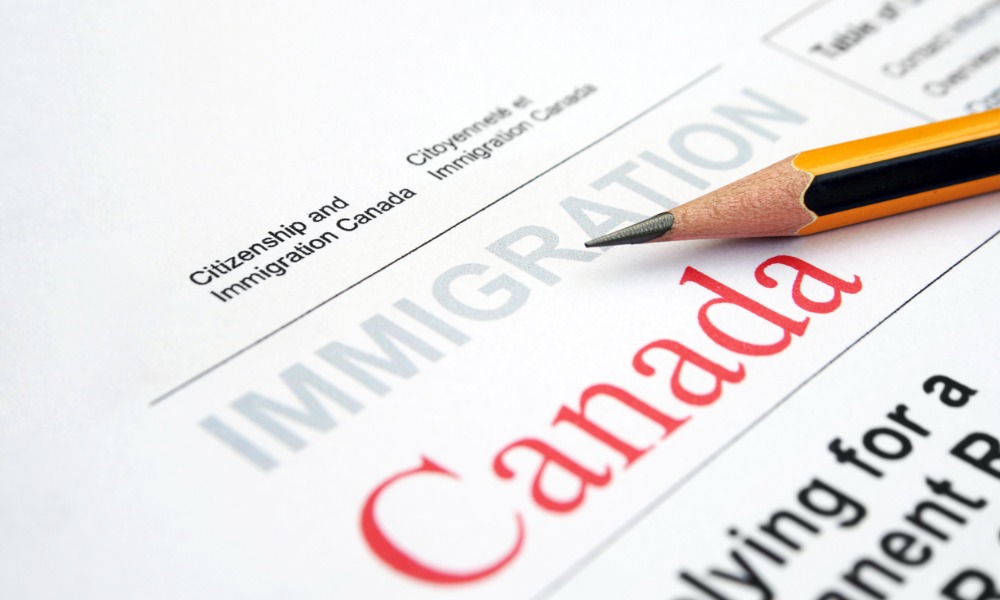
The Role of Law Schools and Accreditation
Law schools play a pivotal role in shaping the foundation of a lawyer’s career. Accreditation by recognized bodies ensures that the institutions meet certain educational standards. Prospective clients should verify that a lawyer has graduated from an accredited law school, which is a testament to the rigor of their legal training.
Recognizing Board Certifications and Specialties
Board certifications are a mark of expertise and dedication in a lawyer’s chosen field. These certifications indicate that a lawyer has met specific criteria and has substantial experience in a particular area of law. Clients should look for certifications from reputable organizations to gauge a lawyer’s specialization.
Continuing Legal Education and Its Importance
Continuing Legal Education (CLE) is essential for lawyers to stay updated with the latest legal developments. Regular participation in CLE programs demonstrates a lawyer’s commitment to maintaining and enhancing their legal skills. Clients can consider a lawyer’s CLE activities as an indicator of their dedication to professional growth.
Evaluating a Lawyer’s Professional History
Analyzing Case Histories and Win-Loss Records
When assessing a lawyer’s expertise, one of the most tangible metrics is their case history and win-loss record. This includes:
- The number of cases they have handled
- The types of cases they specialize in
- Their success rate in similar cases to yours
- High-profile cases or landmark decisions they may have influenced
This information can often be found in public records or through a direct inquiry with the lawyer’s firm.
The Significance of Peer Reviews and Ratings
Peer reviews and ratings are critical in the legal profession. They provide insight into a lawyer’s reputation within the legal community. Look for:
- Ratings from professional organizations like Martindale-Hubbell or Avvo
- Endorsements from other lawyers
- Awards and recognitions from legal associations
These accolades can signal a lawyer’s competence and standing among their peers.
Understanding the Impact of Disciplinary Actions
A lawyer’s disciplinary history can reveal important information about their professional conduct. It is essential to research whether a lawyer has faced any disciplinary actions, which can include:
- Suspensions
- Disbarments
- Reprimands
- Fines
Such actions are typically a matter of public record and can be found on state bar association websites. They can significantly impact a lawyer’s credibility and your decision to hire them.
The Importance of Legal Publications and Thought Leadership
Lawyers who contribute to legal publications and engage in thought leadership activities demonstrate a commitment to their field that goes beyond the courtroom or client consultations. These contributions are indicative of a lawyer’s depth of knowledge, their ability to analyze complex legal issues, and their standing within the legal community.
Assessing Contributions to Legal Journals
When evaluating a lawyer’s expertise, consider their contributions to respected legal journals. Articles and research papers published in these journals often undergo a rigorous peer-review process, ensuring the quality and relevance of the content. Look for:
- Frequency of publication
- The impact factor of the journals
- Topics covered and their relevance to the lawyer’s area of specialization
Participation in Conferences and Symposia
Active participation in legal conferences and symposia is a strong indicator of a lawyer’s engagement with the legal community and their commitment to ongoing education. It also suggests a level of respect from peers who value their insights. Key points to note include:
- The prominence of the conferences or symposia
- The nature of the lawyer’s involvement (speaker, panelist, organizer)
- The subjects addressed and their significance in the legal field
Authorship of Books and Articles in Legal Discourse
The authorship of books and scholarly articles is a testament to a lawyer’s authority and expertise. These works often provide comprehensive analysis and commentary on legal issues, contributing to the broader discourse. When assessing a lawyer’s thought leadership, consider:
- The number and quality of books or articles authored
- The reception of these works within the legal community
- Citations by other legal professionals or in judicial opinions
The presence of a lawyer in these areas of thought leadership can be a strong indication of their expertise and influence in the legal profession.
Client Testimonials and Case Studies
Interpreting Client Reviews and Feedback
Client reviews and feedback are invaluable for gauging a lawyer’s effectiveness and client satisfaction. Prospective clients should look for patterns in feedback, considering both positive and negative comments. It’s important to assess the credibility of the reviews and the platforms they are posted on. Additionally, one should be wary of fake reviews or those that lack detail.
- Look for consistent themes in reviews
- Evaluate the credibility of the review source
- Be cautious of non-specific or overly generic praise
Case Studies as a Reflection of Legal Expertise
Case studies provide a detailed look at a lawyer’s approach and success in specific scenarios. They can showcase a lawyer’s strategic thinking, negotiation skills, and legal acumen. When reviewing case studies, it’s crucial to consider the complexity of the cases and the outcomes achieved. These studies often highlight a lawyer’s specialty and can be a testament to their expertise.
- Analyze the complexity and outcomes of cases
- Look for evidence of strategic thinking and expertise
The Weight of Testimonials in Evaluating Competence
Testimonials can serve as a powerful endorsement of a lawyer’s competence. They often reflect the personal experience of clients with the lawyer’s services. When considering testimonials, it’s essential to discern their authenticity and the context in which they were given. Testimonials that speak to a lawyer’s professionalism, communication, and results can be particularly telling.
- Verify the authenticity of testimonials
- Consider the context and content of testimonials
Navigating Online Resources and Lawyer Directories
In the digital age, the internet has become an indispensable tool for those seeking legal assistance. Online resources and lawyer directories offer a wealth of information that can be pivotal in choosing the right legal representation.
Utilizing State Bar Websites and Attorney Profiles
State Bar websites are a primary resource for verifying an attorney’s credentials and standing. They typically provide:
- A directory of licensed attorneys
- Information on each lawyer’s education and areas of practice
- Details on any disciplinary actions
These profiles can be instrumental in assessing a lawyer’s legitimacy and expertise.
The Role of Online Legal Directories
Online legal directories serve as a comprehensive platform for finding attorneys. They often include:
- Lawyer ratings and reviews
- Practice area descriptions
- Contact information
Such directories simplify the search for legal professionals who specialize in specific fields, like estate planning or business formation.
How to Interpret Lawyer Rankings and Recognition
Lawyer rankings and recognition can provide insight into a lawyer’s reputation within the legal community. However, it’s important to understand the criteria used for these rankings and to consider them as one of many factors in evaluating a lawyer’s competence.
By effectively navigating these online tools, individuals can make more informed decisions when selecting legal counsel for their unique needs.








